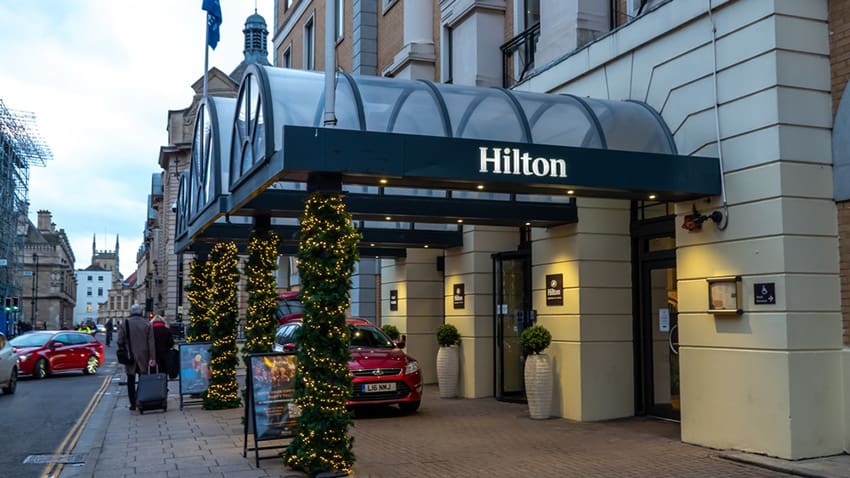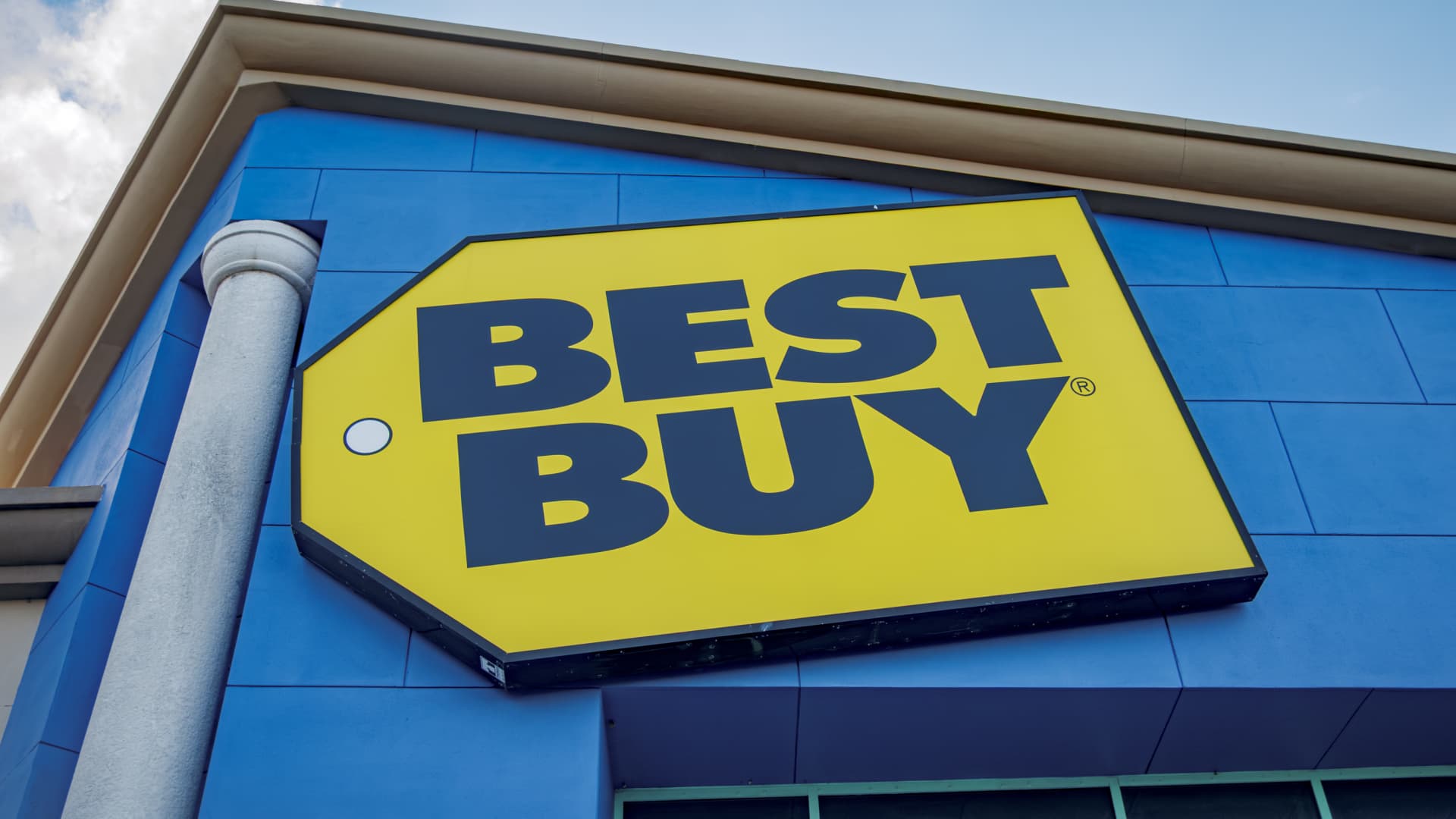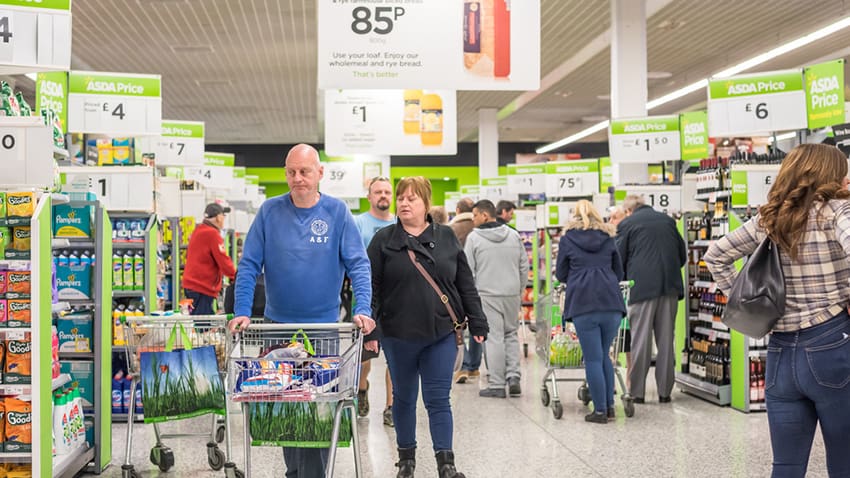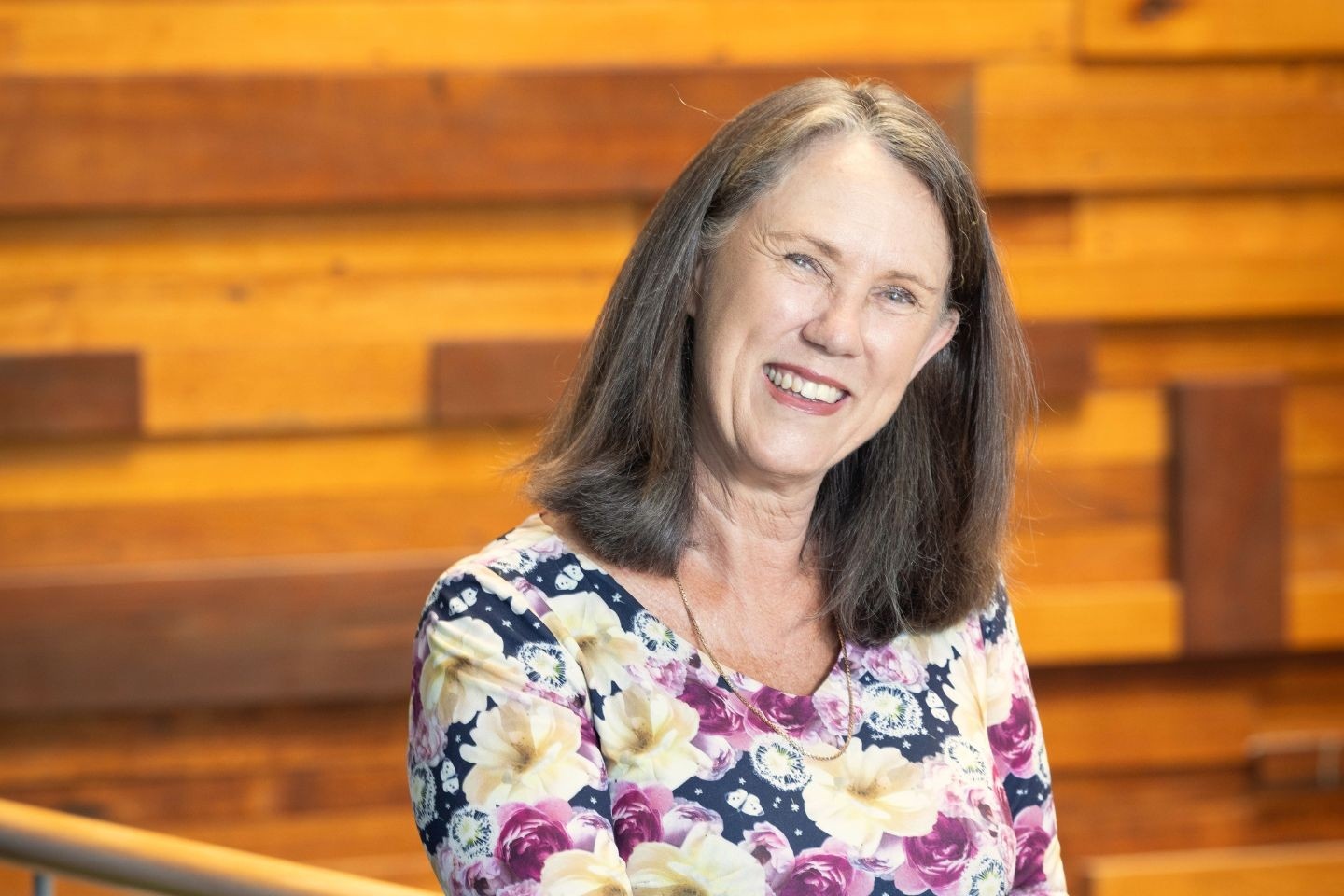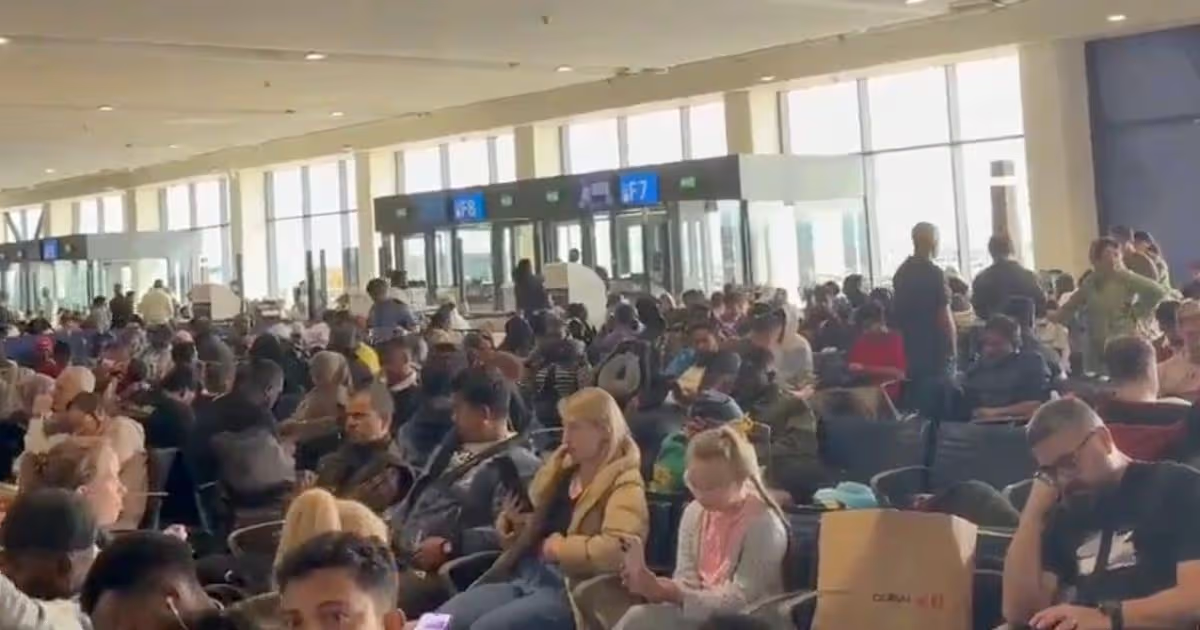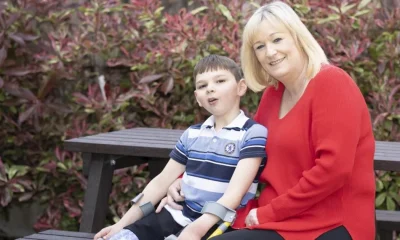The regeneration project aims to bring more leisure and hospitality facilities to the city
Plans to transform Swansea’s landmark Civic Centre on the seafront have taken a major step forward, with Swansea Council’s cabinet giving the go-ahead for further work to take place which will help inform a future planning application.
The redevelopment, led by the council’s regeneration partners Urban Splash, aims to bring cafes, bars, shops, apartments, workspaces, and leisure areas to the largely vacant building. Proposals include 15 commercial units on the ground and lower floors, around 140 apartments above, and unique attractions such as an aquarium and a saltwater lido.
Set in a prime coastal location, the civic centre occupies one of the most enviable plots in the city – a space many believe holds money-can’t-buy views and untapped potential.
READ MORE: Next Welsh Government must look to deliver an M4 Relief Road says business body the CBIREAD MORE: Despite the promise of £14bn of rail investment Wales isn’t getting a fair deal
The regeneration plans were unveiled at a two-day public exhibition held earlier this month at the Y Storfa community services hub. According to organisers, the response had been overwhelmingly positive, with strong public interest in what could become one of Swansea’s most ambitious redevelopment projects in a generation.
Council leader Cllr Rob Stewart said the project marks the first phase of a wider vision for the Civic Centre site. “The Civic Centre sits on one of the most spectacular waterfront sites in the UK, but the building is now largely vacant following the successful move of services into the city centre,” he said.
“We want to see it transformed into a vibrant destination with new homes, independent businesses, leisure and community spaces that will benefit local people while attracting more visitors to Swansea.” Never miss a Swansea story by signing up to our newsletter here
David Warburton, Development Director at Urban Splash, added: “It’s an extraordinary building in an unrivalled waterfront location, and we see enormous potential to create a place that people will want to live in, visit and spend time in.
“Our ambition is to sensitively repurpose the building, delivering high-quality homes alongside dynamic spaces for independent businesses, hospitality, leisure and community uses – creating activity throughout the day and into the evening.”
Many council services that were previously based at the Civic Centre have now moved to the Y Storfa community services hub on Oxford Street. This includes the central library, contact centre, revenues and benefits, and the West Glamorgan Archive Service.
The Civic Centre redevelopment represents the first step in Swansea Council’s broader plan to strengthen the city’s waterfront as a leading destination.
The city centre has already seen significant investment in recent years, with projects such as the indoor arena and the privately-led restoration of the Albert Hall expanding cultural and leisure offerings. Retail also continues to perform well in some areas, while empty upper floors of commercial units are being converted into flats, potentially boosting footfall for local businesses.



